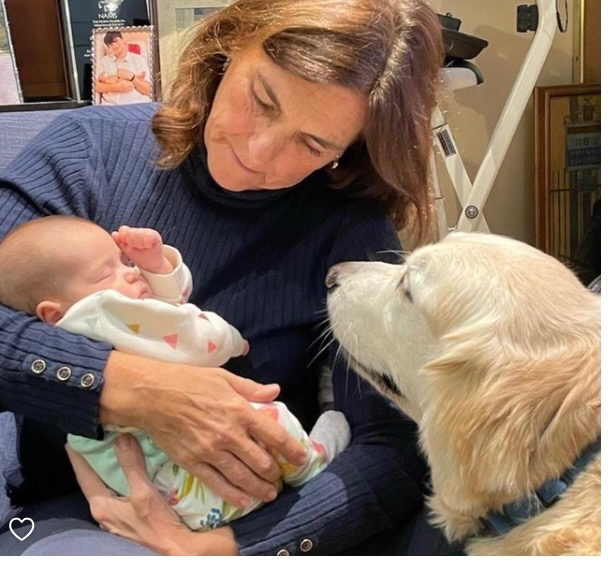Melinda Beck
I'm a New York-based journalist, book author, proud grandmother and part-time Impressionist painter.
After graduating from Yale, I had the great fortune to spend 40 years as a writer and editor at Newsweek Magazine and The Wall Street Journal during their most exciting and successful years. You can read about my career and find links to selected clips on the following pages. Contact me at MelindaBeckNY.com
After graduating from Yale, I had the great fortune to spend 40 years as a writer and editor at Newsweek Magazine and The Wall Street Journal during their most exciting and successful years. You can read about my career and find links to selected clips on the following pages. Contact me at MelindaBeckNY.com

